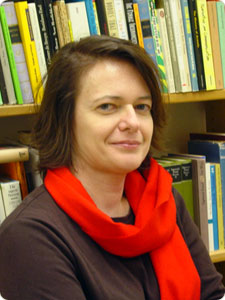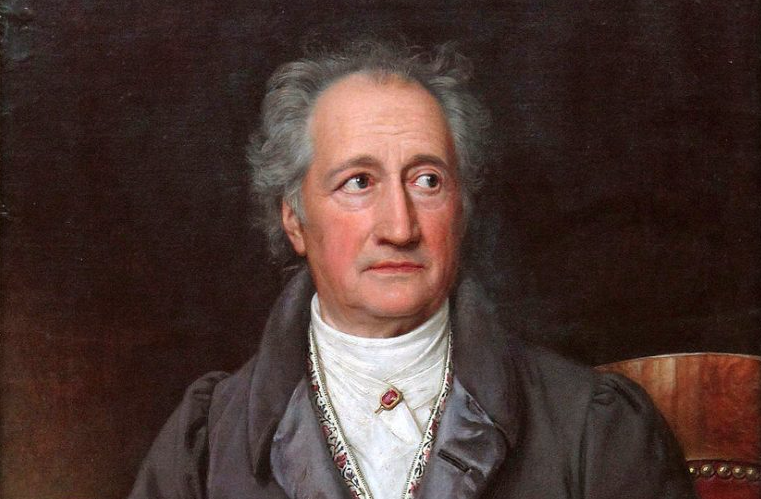Preserving a Legacy: German Professor Accepts Editorship at the Goethe Yearbook
By Nicole Tjin A Djie ’21
George Taylor Files Professor of Modern Languages Birgit Tautz has been appointed to an exciting position at the Goethe Society of North America (GSNA).
Tautz, a scholar of eighteenth-century German literature, will be one of two editors at the Goethe Yearbook, a core project of the society and one she had worked on for years as the publication’s book review editor.
Tautz, appointed in 2017, is the first faculty member of a liberal arts college to be given the position, which she officially began this year.
The primary publication of the GSNA, the Yearbook attracts scholars from graduate students to professors. With representation from all ranks of academia, the Yearbook is able to show the enduring influence of the Goethezeit—the cultural age marked by the work and thought of the famed literary figure–on scholarship. Awareness of the ideas spawned from this time, Tautz believes, can help us better understand the world today.
“Goethe was surprisingly modern and drew out observations, gaps, and inconsistencies: the non-smooth stories that really advance how we know new things, how we interact better, how we fail, and how we stand up again,” Tautz said. “He forces us to engage with questions that were ultramodern, not to say radical, at the time, such as religion, but are still relevant today.”
Apart from preserving the legacy of Goethe himself, the Yearbook is a testament to the period itself in all its rich complexity, she added.
“The eighteenth century is the beginning of the modern age. It gave birth to many of the questions we wrestle with today, as well as the instruments of critique and discourse we employ.”
Hoping to direct and nurture a robust conversation about the Goethezeit for the modern era, the Yearbook has released a joint mission statement highlighting its goals for the future of the publication.
“We are committed to continuing a respect for the study of the Goethezeit from formerly marginalized perspectives, that include, but are not limited to, gendered, religious, racial and racialized, ethnic, national, and linguistic identities,” reads the statement.

In expanding the reach of the Yearbook’s subject matter, the society hopes it can continue to support graduate students and other emerging scholars who will visit the outer reaches of Goethe’s influence. Just as the Yearbook helps scholars, Tautz appreciates the support of Bowdoin in pursuing her research, specifically the aid of Dean of Academic Affairs Elizabeth McCormack. “We will apply for symposium funding down the road and develop a new model of producing collaborative scholarship,” she said.
Ultimately, she stressed, the yearbook is a collaborative effort, enabling the twenty-first-century publication to work closely with the past and derive ideas that concern a wide range of topics. For example, the current issue features such topics as Goethe’s role in the development of twentieth-century philosophical and historical thought and the role of his narrative texts in Brazilian modernism. It is this breadth and depth of Goethe’s influence, rather than the figure himself, that fuels the enthusiasm and dedication behind the publication, according to Tautz. “Nearly everybody knows his name, and many know his ideas, but his presence is even more manifest.”